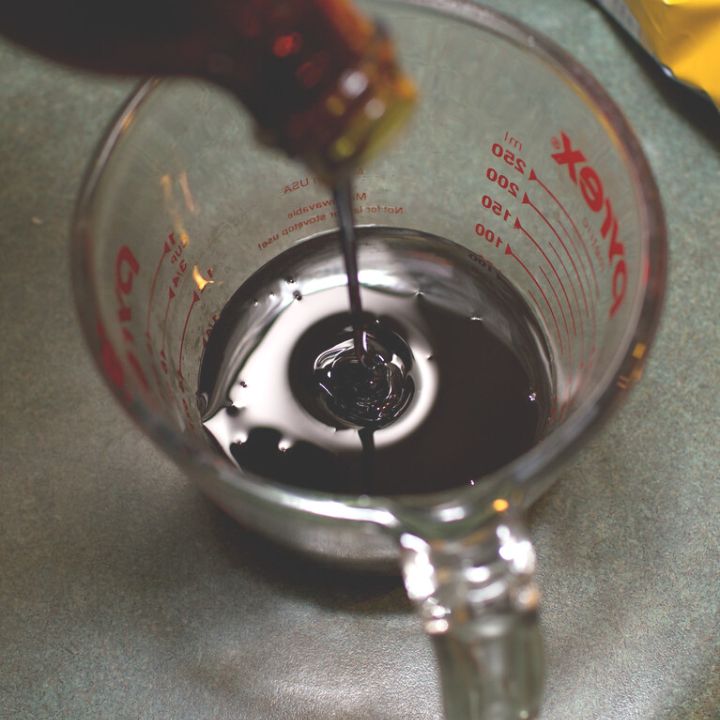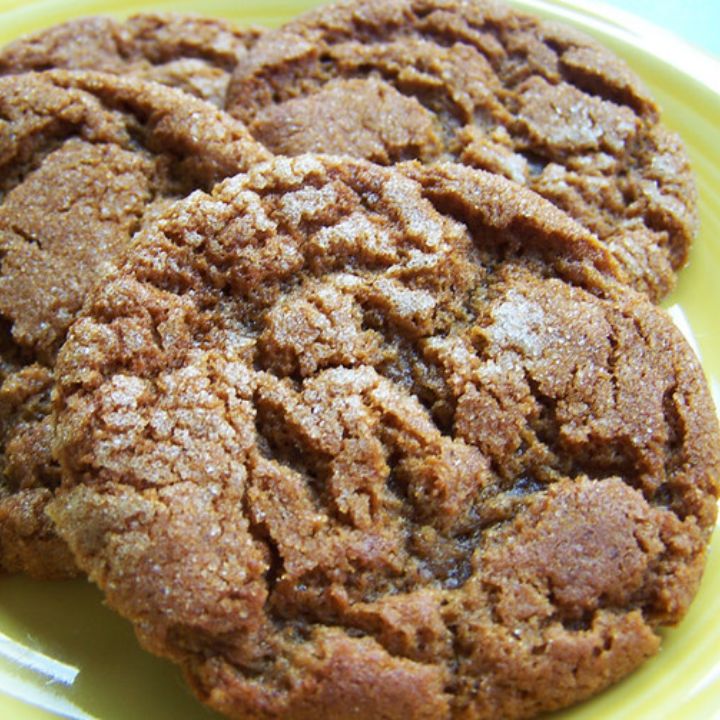Molasses is a thick, dark syrup that is a byproduct of the sugar refining process. It is a rich source of essential vitamins and minerals, including iron, calcium, potassium, magnesium, and vitamin B6. Additionally, it has a low glycemic index, making it an ideal sweetener for people with diabetes. Molasses is used in baking and cooking, and it adds a unique flavor and depth to many dishes.



Health Benefits
One of the health benefits of molasses is its high iron content. Iron is essential for the production of red blood cells, which carry oxygen throughout the body. Iron is particularly important for women of childbearing age, who are at a higher risk of iron deficiency anemia. Molasses can help prevent iron deficiency and improve overall blood health.
Calcium
Another health benefit of molasses is its calcium content. Calcium is essential for strong bones and teeth. It also plays a role in muscle function, nerve transmission, and blood clotting. Molasses is an excellent source of calcium, making it an ideal ingredient for people who do not consume dairy products.
Potassium
Potassium is another mineral found in molasses. Potassium is essential for the proper functioning of the heart, kidneys, and other organs. It also plays a role in maintaining fluid balance in the body. Molasses is an excellent source of potassium, making it an ideal ingredient for people who need to maintain a healthy electrolyte balance.
Magnesium
Molasses is also a good source of magnesium. Magnesium is essential for muscle and nerve function, blood sugar control, and blood pressure regulation. Magnesium also plays a role in the synthesis of DNA and RNA. Molasses is an excellent source of magnesium, making it an ideal ingredient for people who need to maintain a healthy magnesium balance.
Vitamin B6
Finally, molasses is a good source of vitamin B6. Vitamin B6 plays a role in over 100 enzymatic reactions in the body. It is essential for the metabolism of proteins, carbohydrates, and fats. It also plays a role in the production of neurotransmitters, which are important for brain function. Molasses is an excellent source of vitamin B6, making it an ideal ingredient for people who need to maintain a healthy nervous system.
Molasses in Baking
Molasses is used in baking to add flavor, sweetness, and moisture to many recipes. It is often used in gingerbread, fruitcake, and other traditional holiday treats. Molasses can also be used in savory dishes, such as baked beans and barbecue sauce. Its rich, complex flavor pairs well with spices like cinnamon, ginger, and nutmeg.
To substitute molasses for cane sugar in baking, the general rule of thumb is to use 1 1/3 cups of molasses for every 1 cup of cane sugar. However, this can vary depending on the recipe and the desired sweetness and flavor profile.
Flavor
It’s also important to note that molasses is not as sweet as cane sugar, so additional sweeteners may be needed to achieve the desired level of sweetness. Additionally, molasses has a strong flavor that can overpower other ingredients, so it may not be suitable for all recipes.
Texture
When substituting molasses for cane sugar, it’s important to consider the texture and consistency of the final product. Molasses is a liquid sweetener, so it can affect the overall moisture content of the recipe. In some cases, adjustments may need to be made to the amount of other liquids used in the recipe to compensate for this.
Variety
It’s also worth noting that molasses comes in several varieties, including light, dark, and blackstrap. Light molasses is the sweetest and mildest, while blackstrap molasses is the strongest and most bitter.
The type of molasses used can affect the final flavor and color of the recipe, so it’s important to choose the right type based on the desired outcome.
Molasses as a Substitute
In baking, molasses can be used as a substitute for sugar or honey. It has a lower glycemic index than sugar, making it a better choice for people with diabetes. Molasses can also be used to add moisture to baked goods, which can help prevent dryness and improve texture. Additionally, its distinctive flavor can add depth to many recipes, creating a unique and delicious dish.
Molasses is a rich source of essential vitamins and minerals, including iron, calcium, potassium, magnesium, and vitamin B6. It is a low glycemic index sweetener, making it an ideal choice for people with diabetes. Molasses is used in baking to add flavor, sweetness, and moisture to many recipes. Its unique flavor and health benefits make it a versatile ingredient that can be used in many different dishes.

